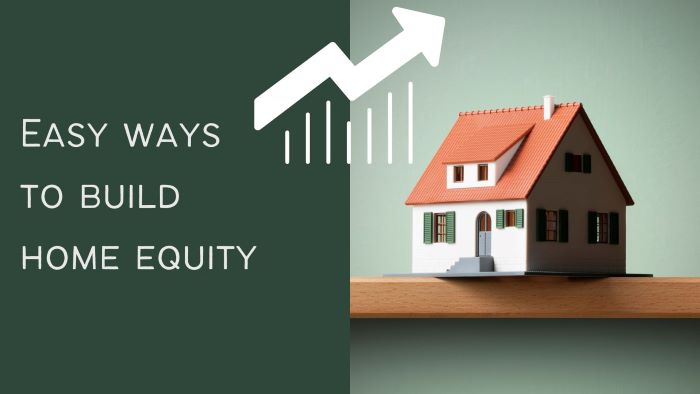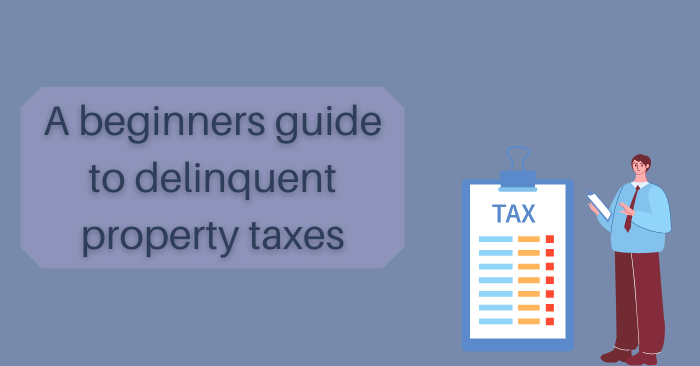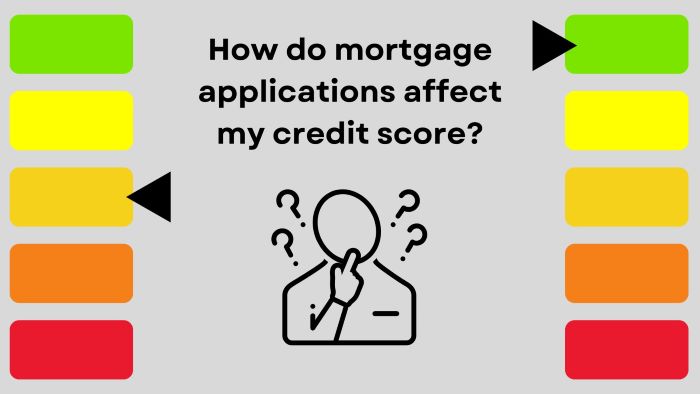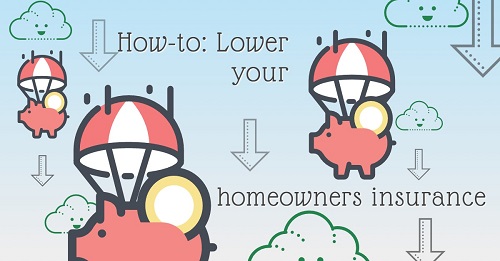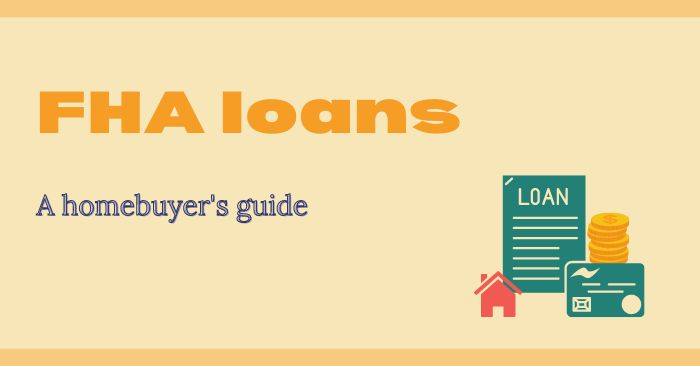3 Ways to pay off your mortgage early
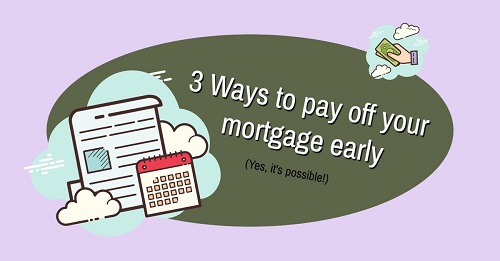

Paying off a mortgage early is a dream of many homeowners. However, economic factors can make it seem like an
unattainable goal. With some careful planning and initiative, however, there are ways to pay off your home loan
before your term limit.
1. Refinance your mortgage
If you’re considering making larger payments on your mortgage, it might make sense to investigate your refinancing
options. If you can afford to increase your mortgage payments significantly each month, you could refinance a
30-year to a 15-year mortgage. This will cut the number of interest payments in half and likely also give you a
lower rate.
2. Make extra payments
Another option is to simply increase your monthly payments. Depending on your mortgage lender, you may be able to
double your auto-pay amounts each month, streamlining the process. Otherwise, it’s possible to set up bill-pay with
most banks to automatically transfer funds to your lender.
3. Bi-weekly payments or one extra payment per year
Making bi-weekly instead of monthly payments is an option that many homeowners use to pay off their mortgages early.
Bi-weekly payments work by paying half of your monthly payment once every two weeks.
By switching from 12 monthly to 26 bi-weekly payments, you can effectively make 13 full monthly payments in a year
without seeing too much of a difference in your daily budget. Over 30 years of an extra monthly payment, you could
save nearly thousands of dollars on interest and pay off your mortgage several years early.
These are only a few options for homeowners interested in paying off their mortgage early. For more information,
speak with your mortgage lender for guidance on your specific situation.
4 Things to sell prior to listing your home
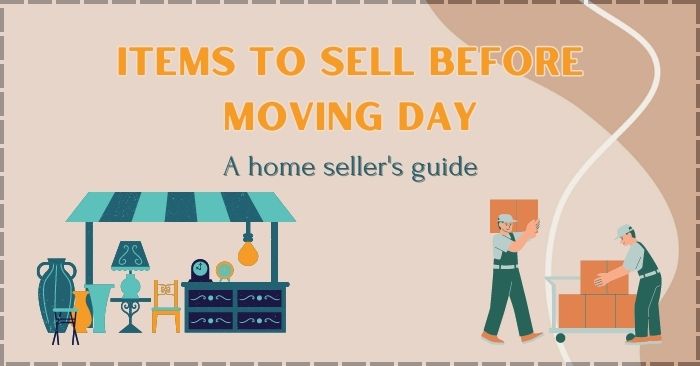

When you start the process of selling your home, there may seem like there’s an enormous amount of things that need
to get done. However, by selling old and unused items, you can save time on packing things away and make some extra
money in the meantime.
Furniture
Moving large items in general it’s typically no light work, let alone furniture that may be older, and not in
pristine condition. Selling older furniture gives you the chance to make room for newer items that may better fit
the aesthetic of your new space after you sell your old home.
Exercise equipment
Do you have an old treadmill or dumbbells that are no longer being put to use? These items can be heavy and take up a
great deal of space. A treadmill alone can range from 60 to 250 pounds on average – making it not the most ideal
item to move and travel with.
By selling these underused items you can make some extra cash, save time and the hassle of packing them up and
away.
Extra linens
One or two linens on their own don’t take up too much space, but over the years as you purchase more for those in
your household, guests and different rooms many can amount over time.
If you would like to get rid of any extra linens to decrease the amount of stuff you’ll need to move, consider
selling your old linens online. If they are vintage, you may find that they’ll sell for even more cash.
Old toys
If you have kids or pets such as dogs and cats, no doubt toys can accumulate quickly throughout the years. A stuffed
elephant here, a robo car there and before you know it there can be multiple bins worth of toys.
You may find there are toys your kids no longer use or are interested in, meaning it may be time to let these items
go. You can sell them or donate them to local charities who will redistribute the toys to kids within the
community.
By taking the time to comb through old pieces of furniture, toys, linens and other items – you can sort out high
priority items and things no longer of value to simplify one step in the home selling process.


 Facebook
Facebook
 X
X
 Pinterest
Pinterest
 Copy Link
Copy Link
